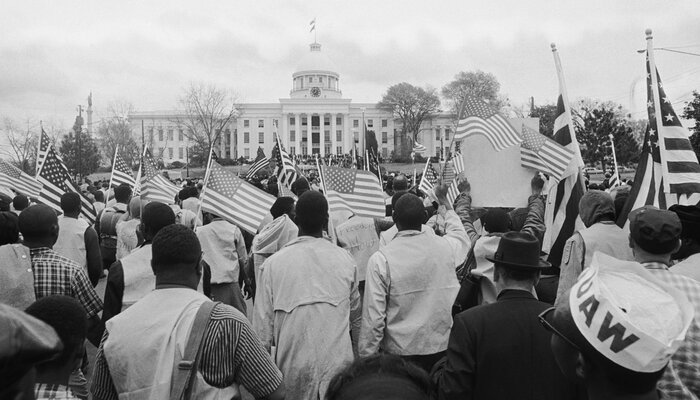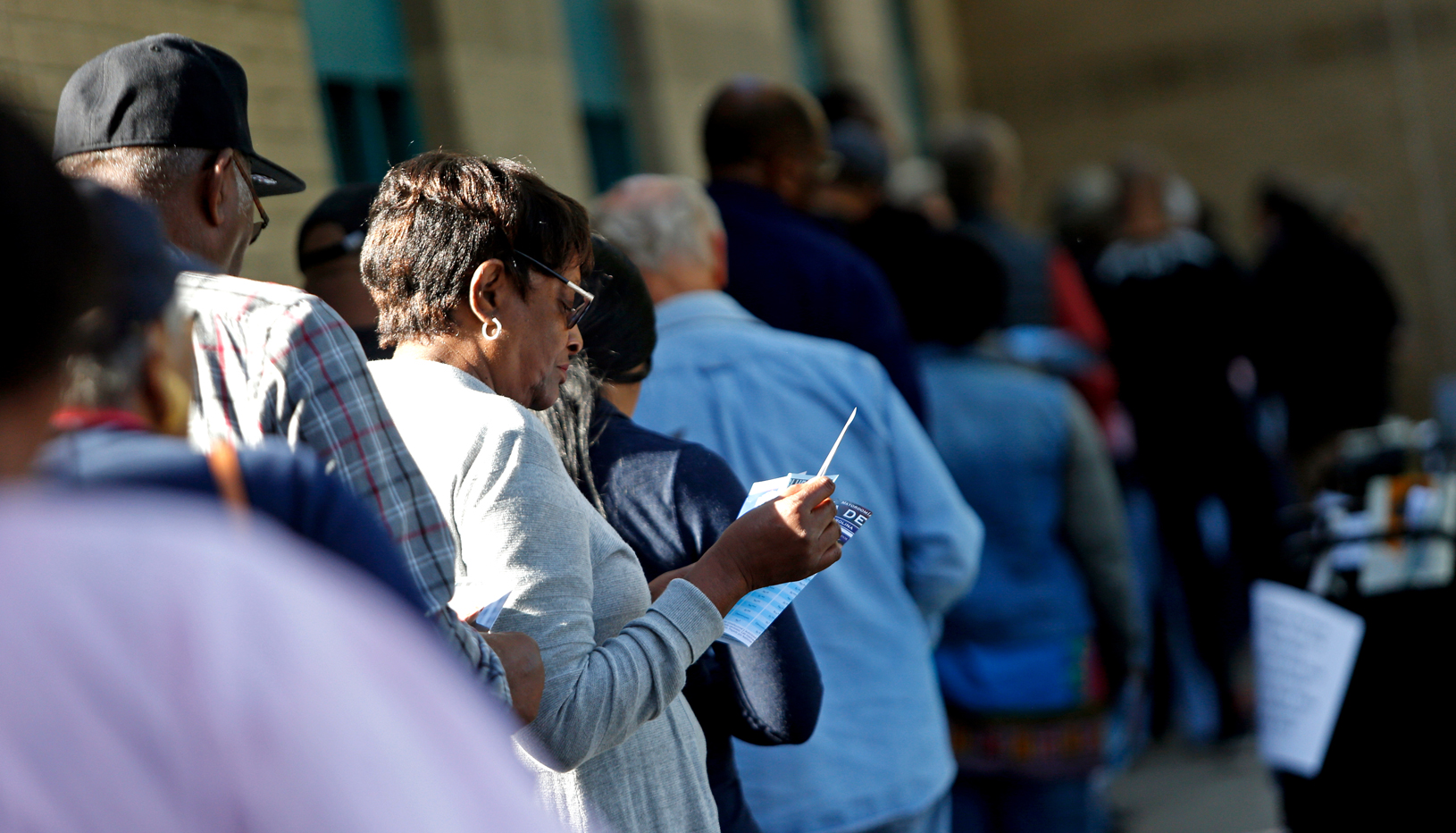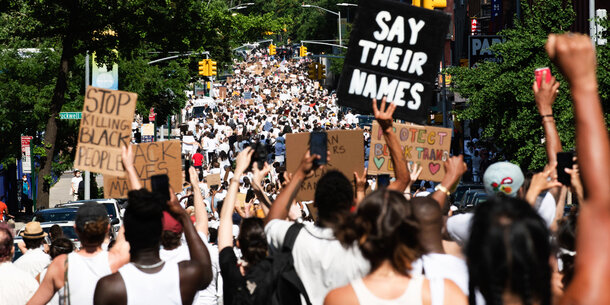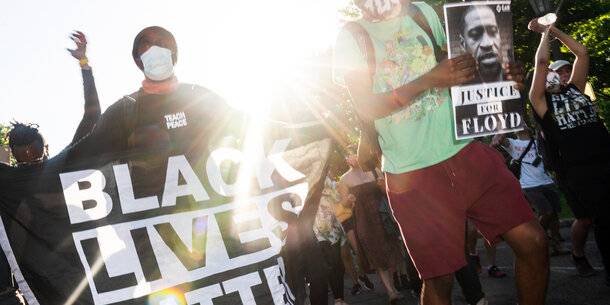Today is Juneteenth, a commemoration of the formal end of slavery in the United States and a celebration of Black Americans’ contribution to making the nation a stronger democracy and a more just society.
Its origin dates to June 19, 1865, when news of the Civil War’s end finally reached enslaved Black Americans residing by the shores of the Gulf of Mexico in Galveston, Texas, more than two years after the Emancipation Proclamation was signed. Nearly 200,000 women, men, and children in Texas learned of their freedom that day, the last in the nation to receive word.
Emancipation was only the beginning. Those who had worn shackles became central political actors in a painfully brief flowering of democracy. Black men won the right to vote, in significant measure because so many had served with distinction in the Union Army. “The ballot and the bullet,” it was said, “go together.” Thanks to this movement, the “Second Founding” reflected in the Fourteenth and Fifteenth Amendments above all guaranteed the right to vote. Many nations ended slavery in the 19th century, but as historian Eric Foner points out, the United States was the only one that granted full citizenship and political rights so soon after emancipation. Black men voted in massive numbers, electing Black governors, members of Congress, and state legislators who wielded power throughout the South.
Sadly, it was a false dawn. We know what happened. Reconstruction’s promise was withdrawn, crushed by white terrorism and political cowardice. The betrayal was covered up and lost to decades of history.
A century later, once again a brilliant and committed movement led by Black Americans fought to redeem the promise. The victory they won was not only for themselves but for our nation as a whole. The Voting Rights Act of 1965 marked the first time the United States could be said to be a true democracy. But its promise, too, has eroded and been repudiated, first by the reality of persistent inequality and systemic racism. Then by a concerted movement to gut the Act’s protections, leading the Supreme Court to eviscerate the nation’s most effective civil rights law in the Shelby County case in 2013. Once again the brute force of backlash to progress came to dominate.
In 1892, shortly before his death, Frederick Douglass drew a link between the lynchings that were then spreading and the Jim Crow laws that were disenfranchising voters. The lynchers, he said, were the very “men who justify themselves in cheating the Negro out of his constitutional right to vote.” Violence against Black people drew from raw hatred, but also calculating political power.
On this 155th anniversary of Emancipation, work remains to ensure that the United States delivers on its promises. Though constitutional amendments grant equal protection under the law, over the past 15 years voter suppression and disenfranchisement measures aimed at Black Americans have prevented the realization of a truly inclusive democracy. As a federal appeals court ruled, a recent law in North Carolina targeted black voters “with almost surgical precision.” The racial wealth gap, originating in an economy built on slavery and fueled by state-sanctioned segregation, continues to widen. And the legacy of racist violence lives on in a criminal justice system that disproportionately polices and incarcerates Black Americans. These and other socioeconomic disparities have been exacerbated by the coronavirus, which has killed Black Americans at a much higher rate than others.
The lesson of Juneteenth for today is clear: policy declarations without sufficient advocacy and enforcement will not reach those who bear the brunt of injustice. Rights without strong empowering institutions can become empty words.
Coretta Scott King once wrote, “Freedom is never really won. You earn it and win it in every generation.” As we celebrate Juneteenth, we acknowledge that the fight for a more perfect union continues. It is a fight to ensure that Black Americans are valued and can realize the rights guaranteed by the Constitution.
The work is urgent, and its importance cannot be overstated. In the aftermath of the recent police killings of George Floyd, Breonna Taylor, and so many others, hundreds of thousands of Americans — many of them awakened for the first time to demand racial justice and equality — have taken to the streets across more than 2,000 cities and towns.
President Trump’s recent decision to restart his reelection campaign on Juneteenth in Tulsa, Oklahoma, site of perhaps the worst single incident of racist violence in U.S. history, threatened to dishonor this celebration of Black America. He pushed his campaign rally to the following day, but it will undoubtedly pale in contrast to the ongoing movement for racial justice that is perhaps the largest, loudest, and most diverse that the nation has ever seen.
This Juneteenth, we celebrate not only the emancipation of Black Americans, but also their determination and resilience amid ongoing systemic racism. We honor the endurance and vibrancy of our fellow Americans against the most withering obstacles. And we commit ourselves to continuing the patriotic struggle — pushing this country forward until it lives up to its professed ideals.







